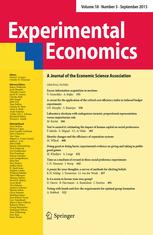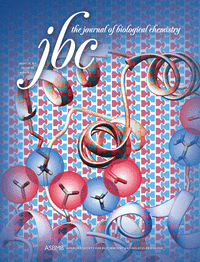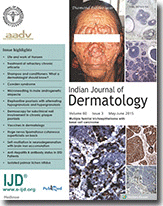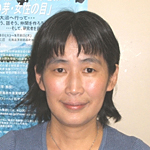 The authors of a paper that examined the best way to inspire creativity in the workplace have issued an erratum after they “failed to cite some very relevant recent papers in experimental economics.”
The authors of a paper that examined the best way to inspire creativity in the workplace have issued an erratum after they “failed to cite some very relevant recent papers in experimental economics.”
The paper, “Incentives for creativity,” was published by Experimental Economics only a few months ago — in May — by two researchers from the University of California San Diego and the University of Amsterdam. Sanjiv Erat and Uri Gneezy found that incentives don’t actually improve creativity, and competitive incentives can actually reduce creativity.
The notice updates the paper with references to four studies published between 2012 and 2015:
 Another retraction and a correction that retracts two figures — ie, a partial retraction — have been posted for
Another retraction and a correction that retracts two figures — ie, a partial retraction — have been posted for 





